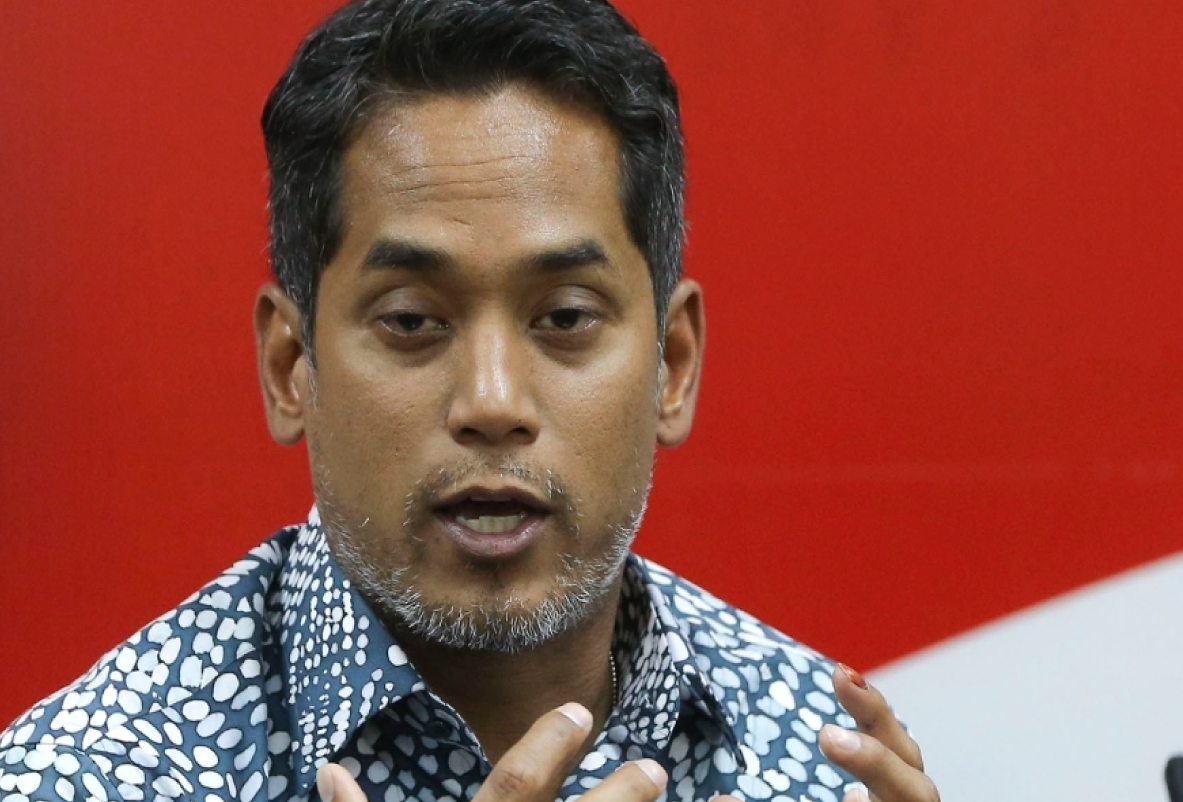RISE, LEAD, CONQUER: LEADING BEYOND LIMITS
Resilience is the remarkable human capacity to bounce back from adversity, adapt to challenges, and grow stronger in the face of adversity. It’s the ability to weather life’s storms, overcome obstacles, and emerge more resilient than before. Resilience is not a fixed trait but a dynamic skill that can be developed and cultivated. It plays a pivotal role in our mental and emotional well-being, helping us cope with stress, trauma, and setbacks.
Understanding the principles of resilience equips us with the tools to navigate life’s ups and downs with greater confidence and effectiveness. In this presentation, we’ll explore the concept of resilience and how to foster it in our daily lives.
ADAPTIVE LEADERSHIP: THRIVING IN TURBULENT TIMES
Leadership takes on different dimensions during times of war and peace, shaped by unique challenges and objectives. In times of conflict, war-time leaders, like Winston Churchill or Dwight D. Eisenhower, must inspire unity, make tough decisions, and provide unwavering guidance to their nations. Their leadership often involves managing crises, maintaining morale, and strategizing for victory.
Conversely, during times of peace, leaders such as Nelson Mandela or Mahatma Gandhi focus on reconciliation, diplomacy, and nation-building. Their leadership promotes harmony, justice, and social progress. Understanding the contrasting dynamics of wartime and peacetime leadership provides valuable insights into the multifaceted nature of effective leadership.
GLOBAL TENSIONS AND CULTURAL SHIFTS: THE INTERSECTION OF GEOPOLITICS, SOCIETY, AND CULTURE
Geopolitics, society, and culture are intricately intertwined in a complex dance that shapes our world. Geopolitical forces, from international conflicts to global economic trends, have a profound impact on societies and cultures. They influence political decisions, economic opportunities, and even the flow of ideas and information.
In contrast, the rich tapestry of society and culture also feeds back into geopolitics, influencing diplomatic relations, alliances, and the rise and fall of nations. Understanding the interplay between these three pillars is essential to unravelling the intricate web of our globalized world and exploring how they collectively shape our shared future.



